We live in a culture that glorifies the grind. From LinkedIn posts celebrating all-nighters to bosses who wear their 80-hour weeks like badges of honor, American professionals have bought into the dangerous myth that more hours equal more results. But here's the uncomfortable truth: your overwork addiction isn't making you more productive—it's literally killing you.
The Hidden Cost of Hustle Culture
The numbers paint a sobering picture. According to the World Health Organization, working 55 or more hours per week increases your risk of stroke by 35% and your risk of dying from heart disease by 17% compared to standard 35-40 hour workweeks. In 2016 alone, overwork killed more than 745,000 people globally from stroke and heart disease.
Dr. Tedros Adhanom Ghebreyesus, WHO Director-General, puts it bluntly:
"No job is worth the risk of stroke or heart disease."
Yet in our productivity-obsessed society, we continue to push ourselves past healthy limits, believing we're building careers when we're actually building coffins.
The Productivity Paradox
Here's where it gets interesting: overworking doesn't even work. Research from Stanford University reveals that productivity per hour sharply declines when someone works more than 50 hours per week. By the time you hit 55 hours, your productivity drops so dramatically that those extra hours become completely pointless.
A Slack study found that employees who logged off at the end of the workday scored 20% higher on productivity measures than those who felt obligated to work after hours. Science shows us that five hours is roughly the maximum time someone can maintain deep concentration on work, making those marathon sessions more theater than substance.
As productivity expert Tim Ferriss observes, "Working harder is not necessarily working smarter."
When we're exhausted, we make more mistakes—medical residents working extended shifts showed an 84% increased risk of medical errors. Computer workers made the most typos on Friday afternoons, proving that fatigue compounds throughout the week.
The Burnout Epidemic
The human cost extends far beyond productivity metrics. Currently, 44% of U.S. employees report feeling overworked, while 33% of workers are continually exhausted from work pressure. This isn't just about being tired—it's about a systematic erosion of physical and mental health.
As leadership expert Minda Harts explains:
"Overworking is not a sign of dedication or productivity. It's a sign of poor time management and lack of boundaries."
Yet we've normalized this dysfunction, creating workplaces where burnout is stigmatized as weakness rather than recognized as a systemic failure.
The ripple effects are devastating: 76% of employees say workplace stress affects their mental health, burned-out workers are 63% more likely to take sick days, and they're 2.6 times more likely to be job hunting.
Breaking the Overwork Trap
The solution isn't just working less—it's working intentionally. Organizations that prioritize sustainable work practices achieve better results across all metrics. Employees with a healthy work-life balance tend to demonstrate higher creativity, make fewer costly errors, and exhibit greater loyalty to their employers.
Simon Sinek captures this distinction perfectly:
"Working hard for something we don't care about is called stress; working hard for something we love is called passion."
The key is channeling our energy strategically rather than indiscriminately.
Visionary leaders are recognizing that employee wellbeing isn't just a nice-to-have—it's a competitive advantage. Companies that allow genuine time for rest and recovery tend to experience higher retention, better performance, and more innovative solutions to complex problems.
The Path Forward
As we navigate an increasingly complex business landscape, the temptation to work longer and harder will only grow. But the evidence is clear: sustainable success requires sustainable practices. The most productive professionals aren't those who work the most hours—they're those who work the right hours with complete focus and energy.
Michael Hyatt puts it best:
"Overworking is like trying to keep a car running without ever stopping to refill the gas tank or change the oil. Eventually, it will break down."
Your career is a marathon, not a sprint. The question isn't whether you can survive a 60-hour work week—it's whether you can build something meaningful while maintaining your health, relationships, and sanity. Because at the end of the day, no promotion is worth your life.
The most radical thing you can do in today's overwork culture? Go home on time. Your future self will thank you.



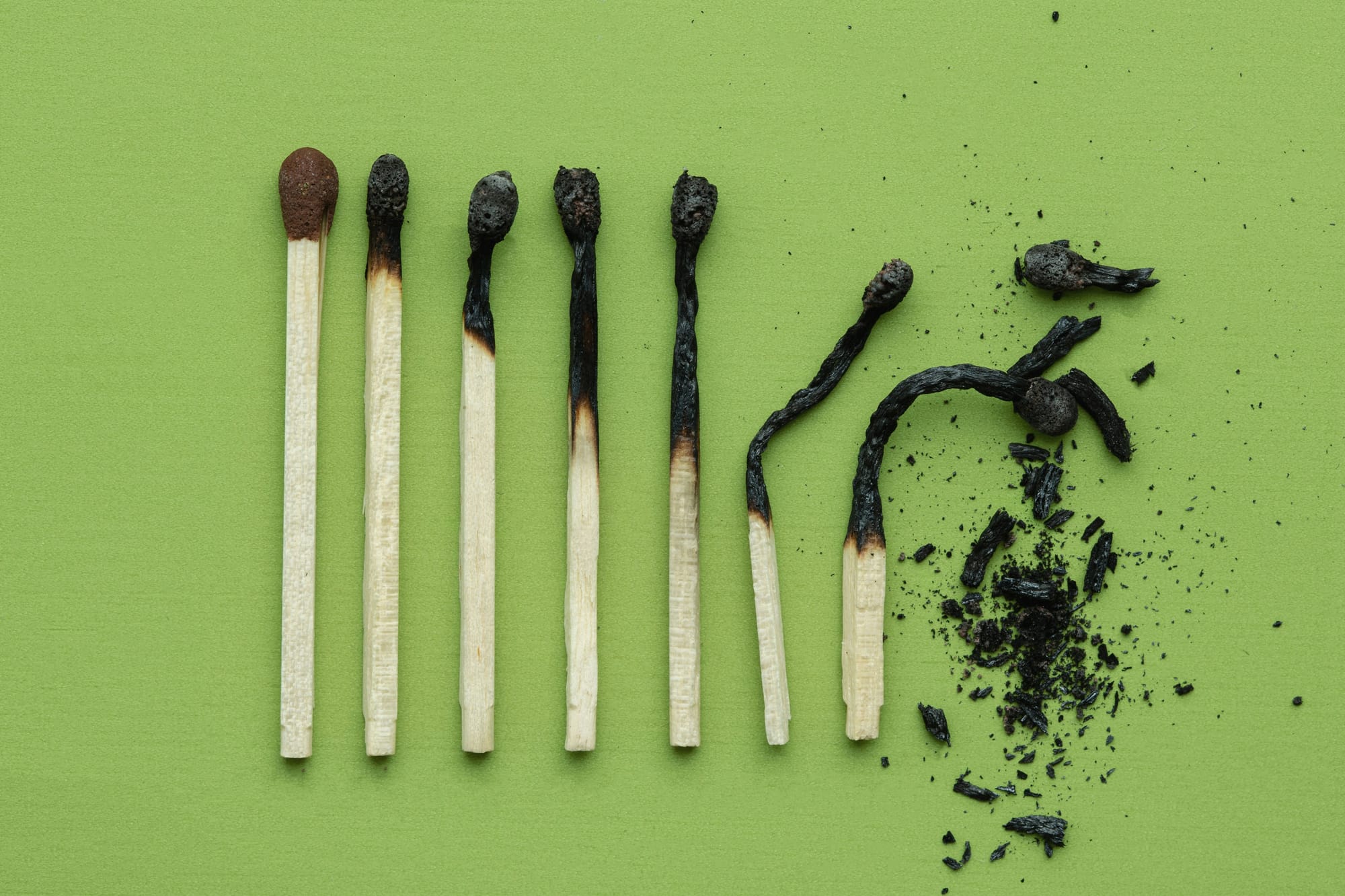

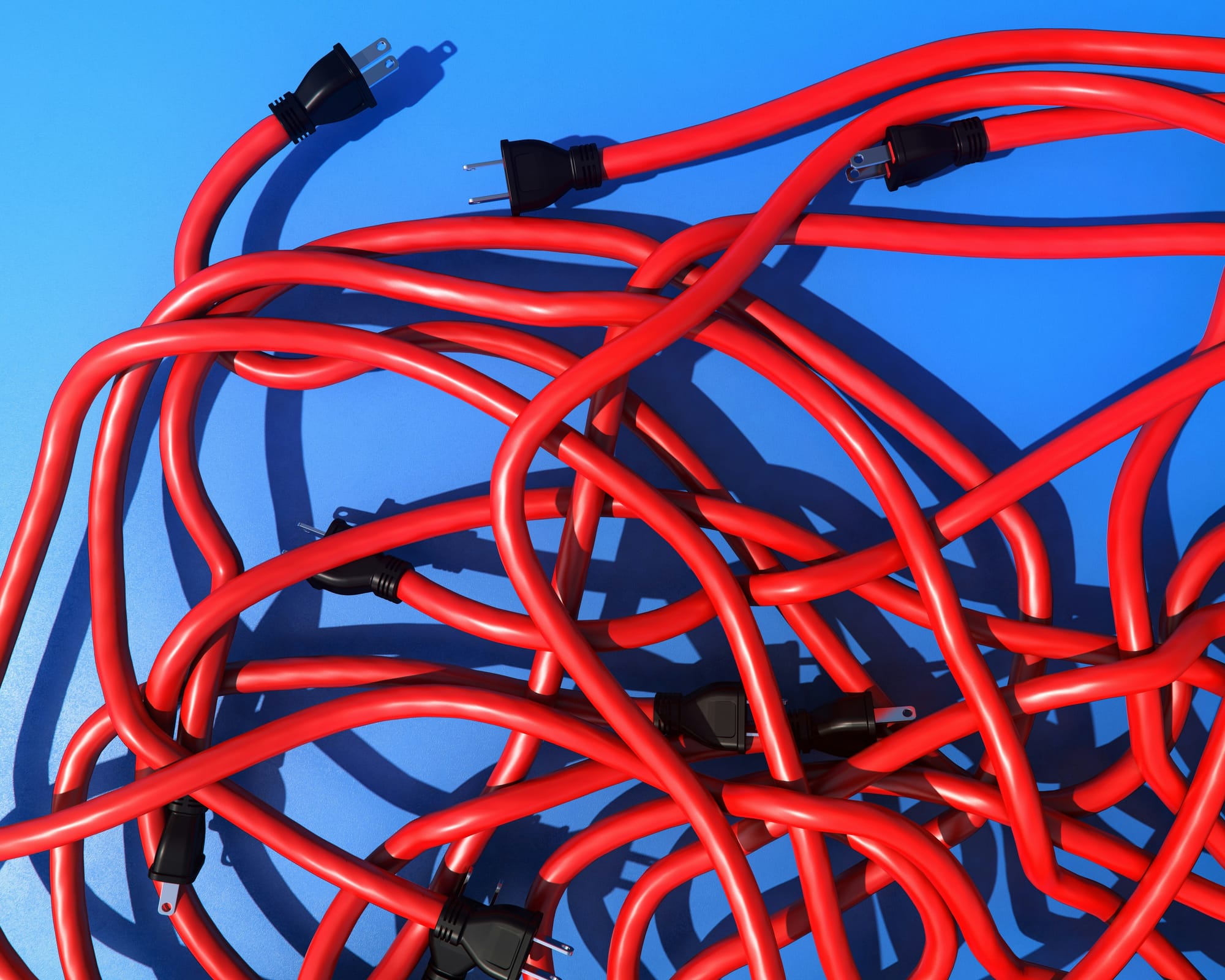



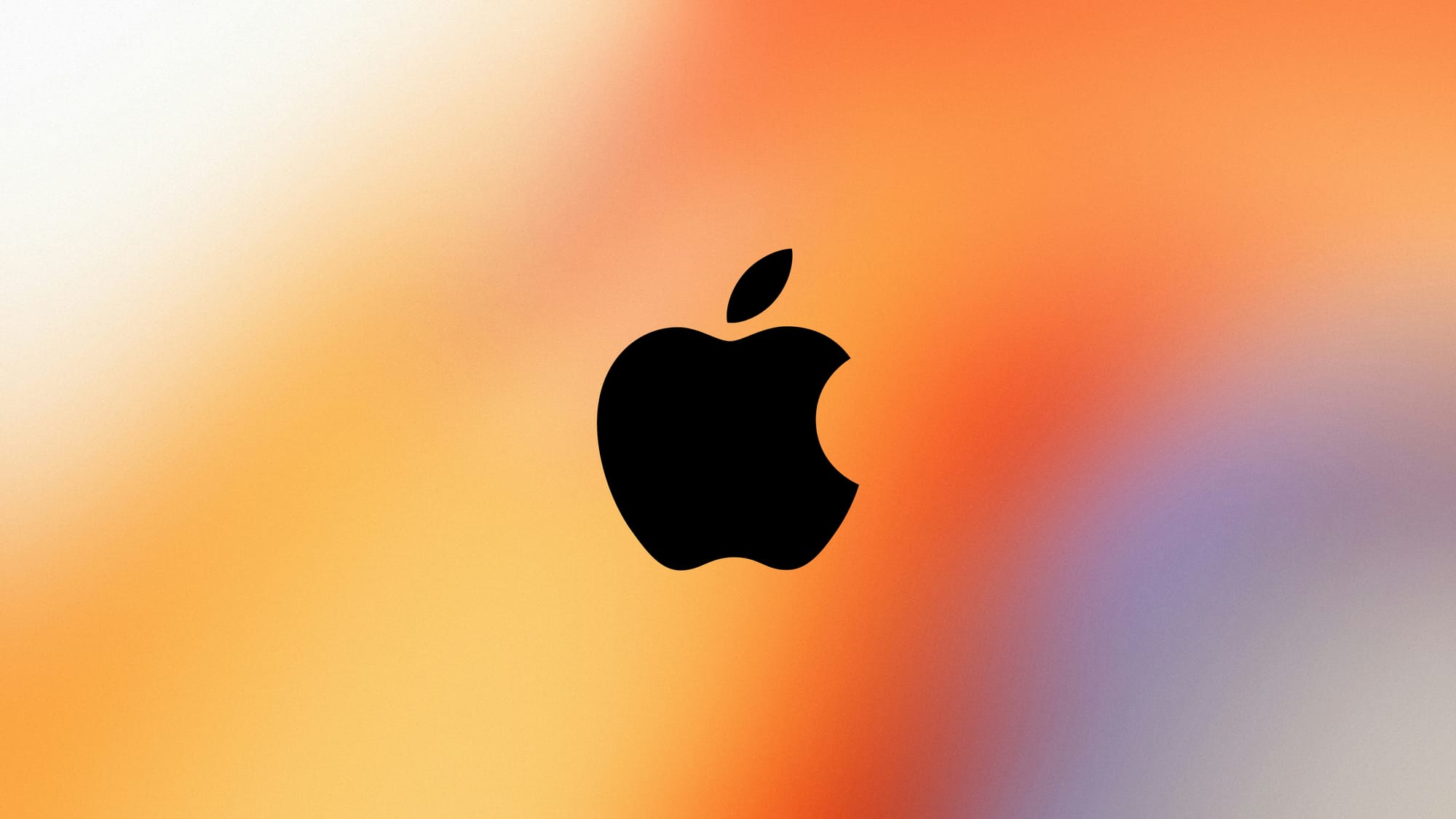
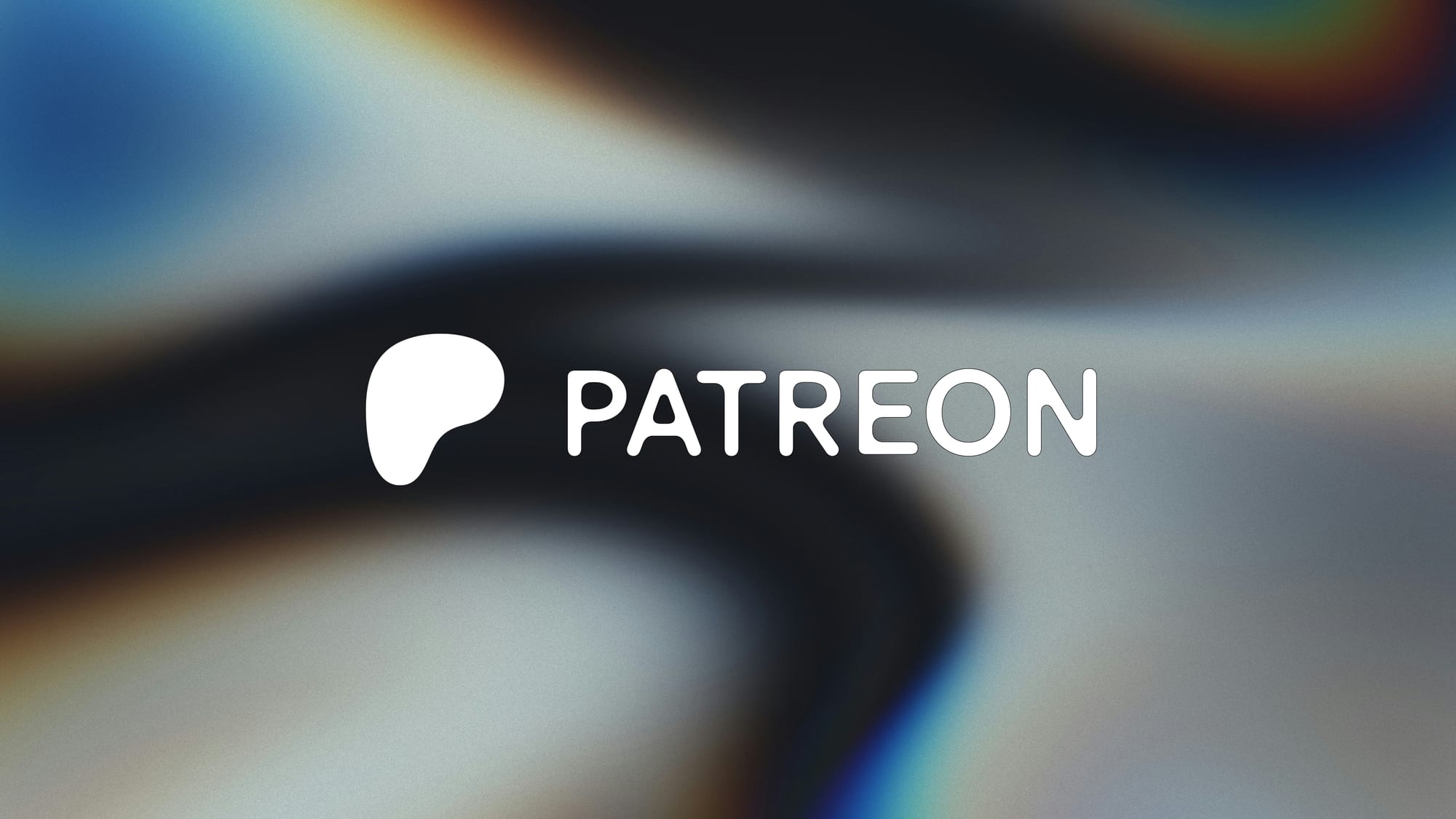
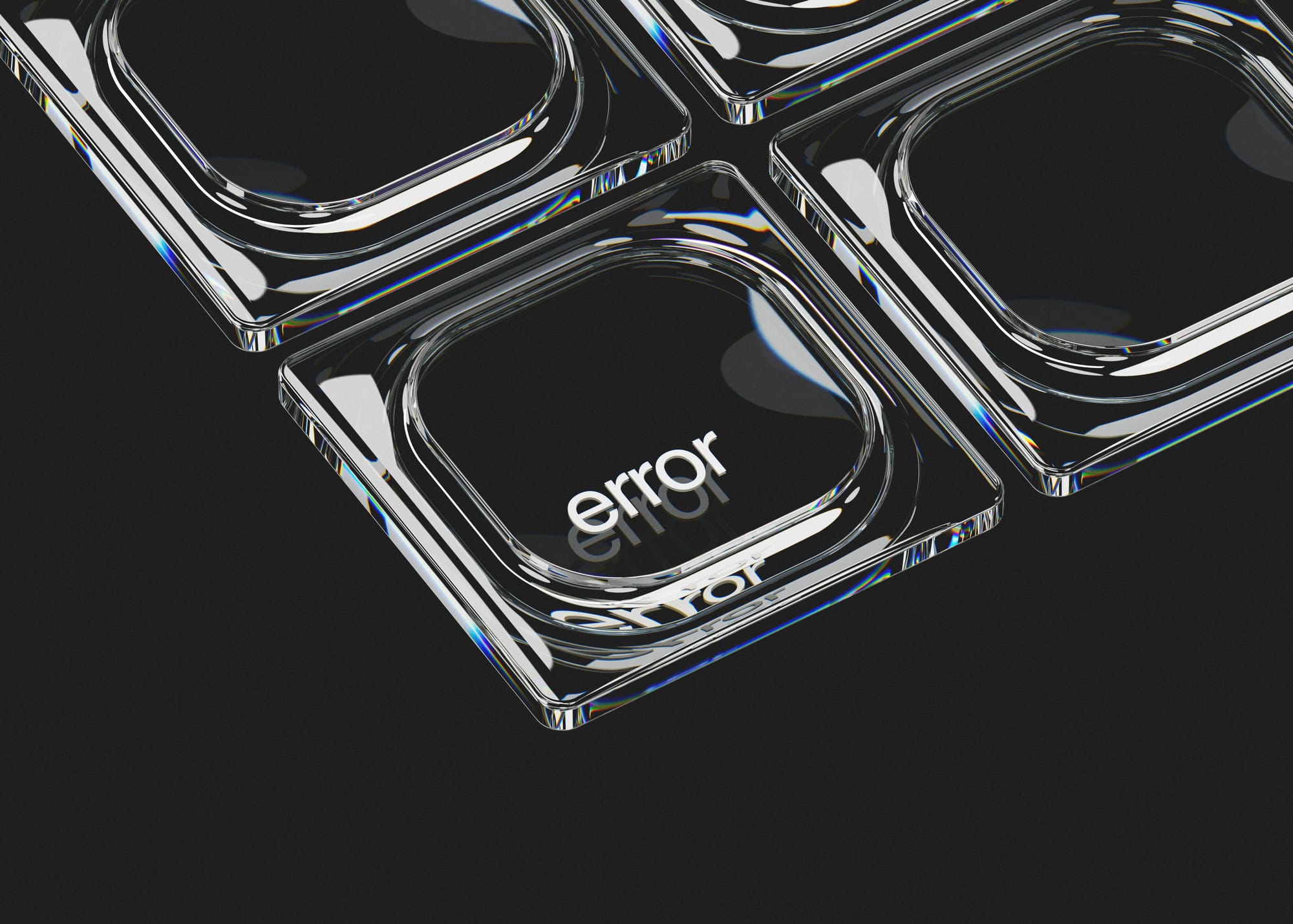


Discussion